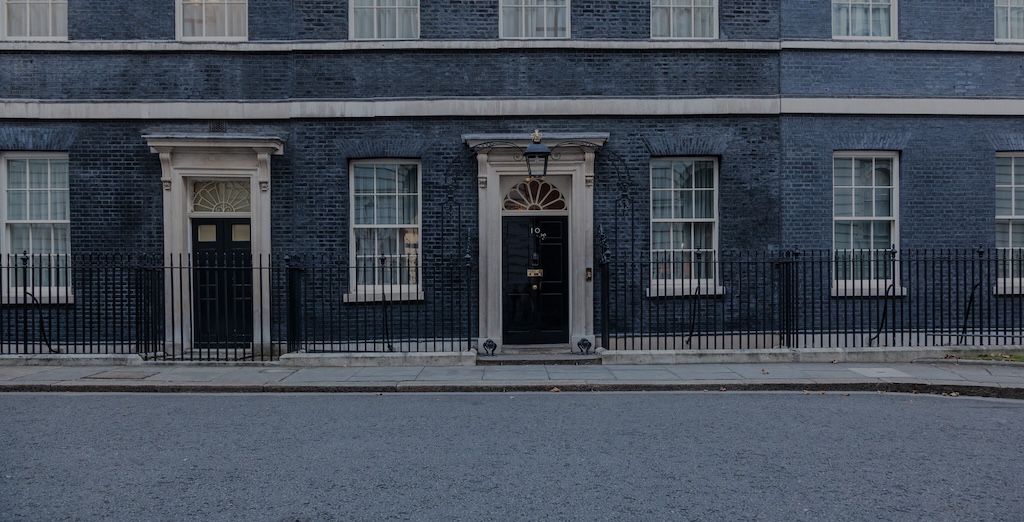United Kingdom Election Review 2024

What’s next after a landslide victory for Labour in UK politics?
05 July 2024
On 4 July, the UK parliamentary election resulted in a landslide victory for the centre-left Labour Party, ending 14 consecutive years of Conservative Party government. No major disruptions were recorded during the electoral process, and the results were not met with any civil unrest, reflecting the UK’s tradition of orderly elections.
Intense Pre-Election Campaign Highlights Contentious Issues
Nevertheless, the pre-election campaign was notably intense, fuelled by numerous contentious issues that dominated the political debate, ranging from immigration to the state of the National Health Service. Compared to previous elections, a significant number of voters supported minority parties, including those with anti-establishment views, like the emergent Reform Party. This development likely indicates increased polarisation within the UK electorate and was one of the primary reasons for a major split on the right that benefitted Labour under the UK’s first-past-the-post voting system.
Potential for Minor Public Mobilisation Around Specific Issues
It is highly unlikely that opposition groups will seek to challenge the results or contest the transfer of power to a Labour-led government, some public mobilisation around select issues may occur, as minority political movements may seek to influence the new government’s early agenda during its first stages.
These may include left-wing groups associated with pro-Palestine or environmentalist movements that have recently staged traffic disruptions to bring attention to their causes. These groups may attempt to stage further disruptions in hopes that Labour’s perceived openness to progressive positions might make the party more susceptible to their influence.
However, these protests are expected to be non-violent and unlikely to cause significant or prolonged disruptions, with minimal impact on travellers visiting the UK if basic precautions are adopted.
Minimal Immediate Protests Expected, Long-Term Political Instability Possible
While protests in the immediate aftermath of the election are unlikely to have a significant impact, Labour policies and major shifts in the UK’s political landscape could result in greater political volatility. Despite winning over 400 out of 650 seats in parliament, Labour only secured around 33 per cent of the popular vote- with voter turnout the lowest in 20 years, potentially signalling a lack of broad public endorsement for any radical policy changes.
The disparity between the number of parliamentary seats won and the share of the popular vote is likely to fuel calls for significant electoral system reform in the UK, particularly among supporters of smaller political parties.
Labour Faces Challenges on Multiple Fronts as It Begins to Govern
Political issues such as the aftermath of Brexit and the UK’s future ties with the EU, Labour’s stance on conflicts in Gaza and Ukraine, possible shifts in defence expenditure and the maintenance of the UK’s nuclear deterrent, as well as immigration policies and potential tax hikes, all have the capacity to ignite heated political discourse or foster factionalism within the Labour Party.
The party will also need to carefully manage their relationship with trade unions, which remain a resilient support base despite decades of weakening influence. The party was born from the trade union movement and still benefits from its funding and organisational strength. Labour’s substantial majority may embolden the unions who may seek to increase their influence and hold the party to account if workers’ conditions are not hugely improved, potentially leading to increased strikes and disruptions if mismanaged.
Labour’s ability to navigate these challenges will be crucial in maintaining stability and public trust as the party begins to govern the country with the largest majority seen in the 21st century.
RELATED ARTICLE
Election Guide: Q3 2024
The Solace Global Election Guide offers detailed analysis of significant elections and their potential impacts on political stability and policy directions in the coming year.
Political transitions during elections often introduce periods of uncertainty. This uncertainty may contribute to market fluctuations, diplomatic strains, and shifts in policy orientation, all of which can influence businesses, investments, and global stability.
